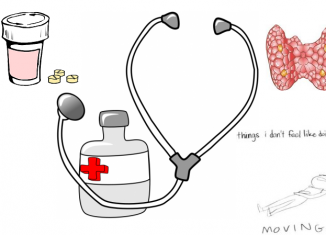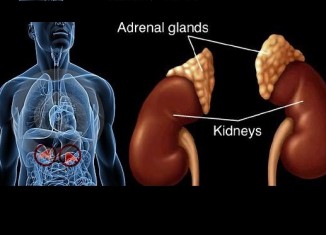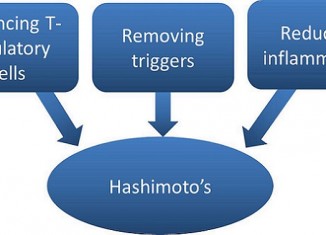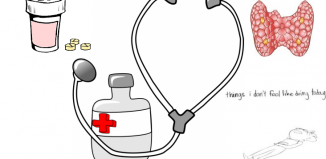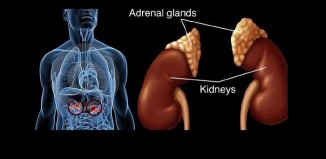People who suffer on Hashimoto’s and gastric conditions usually require a higher dose of the thyroid hormone replacement drug (levothyroxine) than people having hypothyroidism only. Malabsorption of levothyroxine is a major medical issue in patients with gastrointestinal pathology. It seems that the gastric pH, after being altered by the illness, unables proper absorption of the drug. Due to the inadequate drug absorption, the abnormally high blood levels of thyroid-stimulating hormone (TSH) fail to decrease. Symptoms like fatigue, depression and weight gain continue. When this takes place, the patient usually takes an even higher dose of the levothyroxine.
Previous research showed that taking an acidic substance (like hydrochloric acid) at the same time as the levothyroxine improved the drug absorption to the bloodstream. That inspired the latest research to investigate the effect of ascorbic acid on decomposition and absorption of the levothyroxine.
It was found that vitamin C improves the oral absorption of the levothyroxine (ref). The results showed that the presence of vitamin C improves the drug absorption. In consequence, the serum concentration of T4 and T3 improves and the serum TSH decreases and normalizes.
However, the patience who participated in this study did not have a celiac disease. Meaning, the damage to the intestines at celiacs (especially in the beginning of the gluten free diet when the intestine is not yet healed) is expected to play a role in malabsorption of the levothyroxine.

